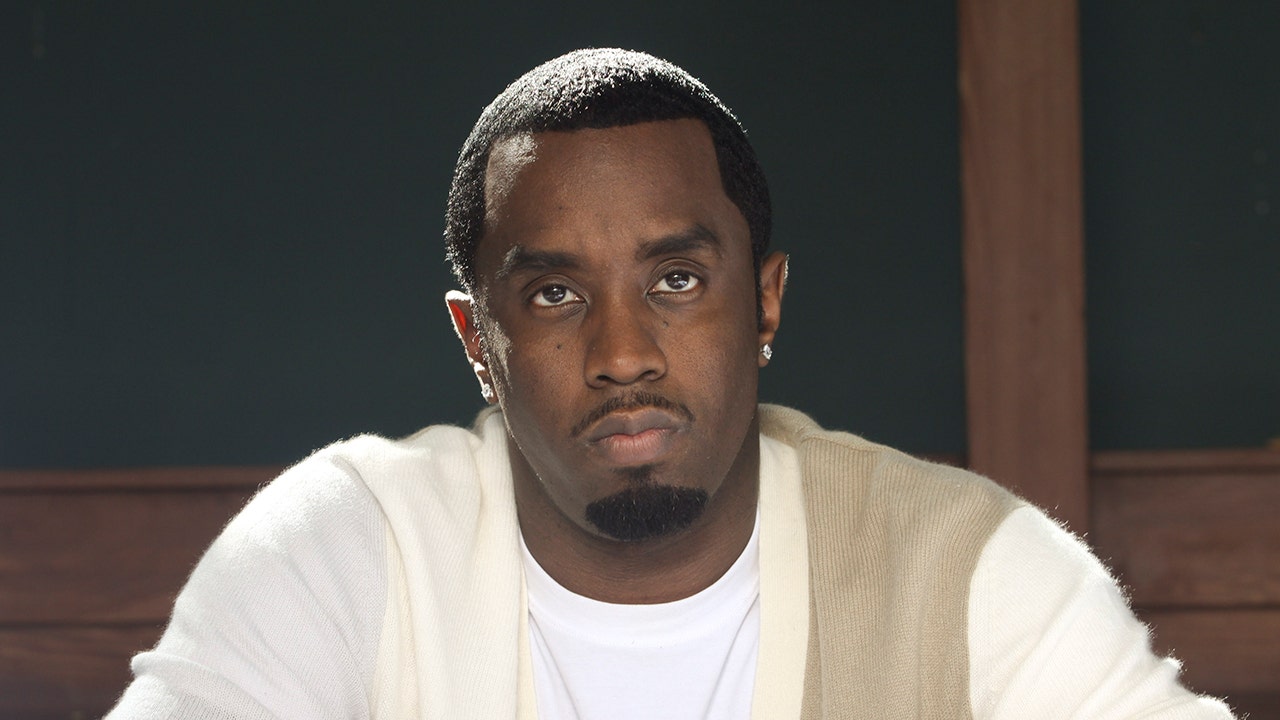Diddy Takes Legal Action: The $50 Million Defamation Lawsuit Explained
In a striking development that has captured the attention of both fans and legal analysts, music mogul Diddy has initiated a $50 million defamation lawsuit against a witness involved in a grand jury investigation. This bold legal action brings to light critical issues surrounding defamation, the music industry, and the broader implications for the judicial process. As the details unfold, it’s essential to explore the ramifications of this high-profile case for Diddy and for the entertainment industry at large.
The Background of the Lawsuit
Diddy, born Sean Combs, has long been a prominent figure in the music industry. His career spans decades, with achievements that include successful record labels, hit songs, and a reputation as a savvy businessman. However, the recent legal challenge stems from allegations made by a witness during a grand jury investigation—details of which have not been publicly disclosed. The witness’s statements reportedly suggested involvement in activities that could tarnish Diddy’s reputation.
In response to these claims, Diddy has taken a firm stance, asserting that the accusations are baseless and damaging. The lawsuit filed in New York seeks $50 million in damages, aiming to hold the witness accountable for the alleged defamation. This case raises significant questions about the intersection of celebrity culture and the legal system, particularly regarding how public figures can protect their reputations against potentially damaging statements.
Understanding Defamation in the Legal Context
Defamation is a complex area of law that involves the communication of false information that harms the reputation of an individual. In the United States, defamation claims can take two forms: libel, which refers to written statements, and slander, which pertains to spoken statements. For Diddy to succeed in his lawsuit, he must establish several key elements:
- False Statement: The statement made by the witness must be proven false.
- Publication: The statement must have been communicated to a third party.
- Harm: Diddy must demonstrate that the statement caused damage to his reputation.
- Fault: Depending on whether Diddy is considered a public figure, he may need to prove that the witness acted with actual malice—meaning they knew the statement was false or acted with reckless disregard for the truth.
Given Diddy’s status as a public figure, the burden of proof in this case is considerably higher than it would be for a private individual. This aspect of the lawsuit is crucial, as it may influence how the case unfolds in court.
The Potential Implications for Diddy and the Music Industry
This lawsuit could have far-reaching implications not only for Diddy but also for the music industry as a whole. Here are several potential outcomes:
- Reputation Management: Diddy’s legal action underscores the importance of reputation management in the entertainment industry. Public figures often face scrutiny, and a successful defamation lawsuit could set a precedent for how celebrities handle false allegations.
- Impact on Witnesses: This case may deter potential witnesses in future investigations from speaking out, fearing legal repercussions for their statements. It raises ethical questions about the balance between freedom of speech and the protection of individual reputations.
- Legal Precedents: The outcome of the lawsuit could influence future defamation cases, particularly those involving public figures. A ruling in favor of Diddy could empower other celebrities to pursue legal action against defamatory statements more aggressively.
The Judicial Process and Public Perception
As this lawsuit progresses through the judicial system, public perception will play a significant role in shaping the narrative. The media coverage surrounding Diddy’s legal battle will likely influence public opinion, potentially swaying jurors and impacting the overall atmosphere of the proceedings.
Moreover, the case highlights the delicate balance between the right to free speech and the need to protect individuals from false and damaging statements. With the rise of social media and the rapid dissemination of information, the lines between opinion and fact have blurred, making defamation cases increasingly complex.
What This Means for Diddy
For Diddy, this lawsuit represents more than just a financial claim; it is a fight for his reputation and legacy. As a prominent figure, the stakes are high. A successful outcome could reinforce his standing in the industry and send a message about the consequences of defamation. Conversely, if the lawsuit fails, it could lead to further scrutiny and speculation about his character.
Additionally, Diddy’s decision to pursue this legal avenue reflects a growing trend among celebrities to actively combat misinformation and false narratives. In an age where social media can amplify rumors, taking legal action can be seen as a necessary strategy to safeguard one’s public image.
Conclusion
The $50 million defamation lawsuit filed by Diddy against a grand jury witness marks a significant moment in both the music industry and the judicial landscape. As the case unfolds, it will be crucial to observe how the legal principles of defamation are applied and interpreted, particularly in the context of public figures.
Ultimately, this lawsuit is not just about money; it’s about reputation, accountability, and the ongoing battle between truth and falsehood in the public sphere. As this high-profile legal battle progresses, it will undoubtedly spark conversations about the responsibilities of witnesses, the rights of individuals to defend their reputations, and the implications of defamation in an era defined by instant communication and social media.
See more The Buzz Live

